Driverless cars, 1200km/h trains and robot ships: future of transport in Sydney
HUMANS will be banned from driving on the roads in the future and tube trains will transport us at 1200km/h, a transport expert predicted.
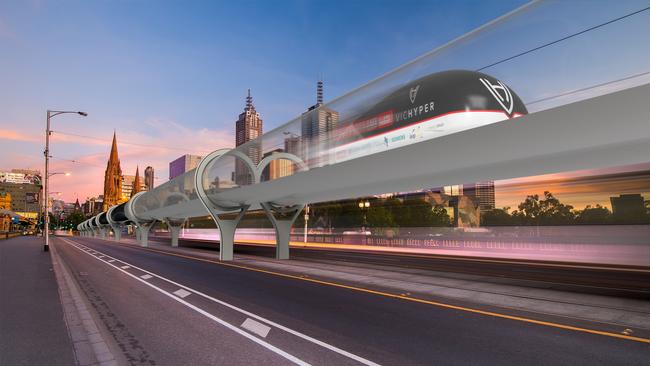
Southern Courier
Don't miss out on the headlines from Southern Courier. Followed categories will be added to My News.
HUMANS will be banned from driving on the roads and tube trains will transport us at 1200km/h.
The bold predictions were made by the University of Sydney’s Professor Michiel Bliemer who was speaking at the Bayside Business Enterprise Centre breakfast last week. The transport expert also predicted we would soon have:
● Automated electric cars driving us around
● Robot-operated ships docking in Botany Bay and
● Electronic dockless hire scooters for getting around the city.
Prof Bliemer said driverless cars would be on the roads in a matter of years, with our transport system fully automated by around 2050.
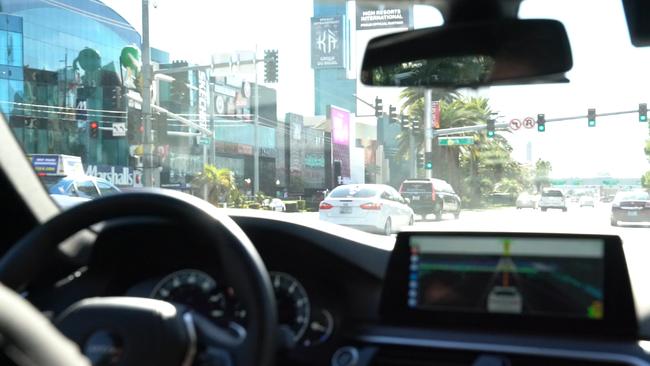

As a result he said humans will be banned from driving.
“It will be too unsafe,” he said. “The car manufacturers will be liable for accidents. People will still want to drive but it will become some kind of game. They will have to go to the track.”
However, he said automated cars are not the answer to Sydney’s transport woes with the population set to reach 8 million by the middle of the century.
“People see it as the holy grail,” he said. “But will it solve all our problems? It is being developed for safety reasons, not efficiency. The number of vehicles will be lower but they will still be on the roads adding to congestion.”
He said because electricity is so cheap it will be cheaper for people to keep the cars moving around than paying for parking.
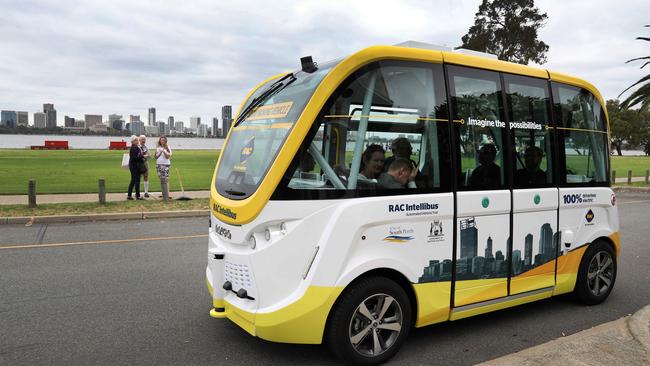
“There has to be a distance based price where you pay per kilometre. Get rid of registration fees and toll charges and just charge people a distance based price. You can have peak and off peak prices and prices based on location.”
To encourage the sharing of vehicles Prof Bliemer also suggested drivers should pay the distance-based price dependant on the number of seats in the vehicle — regardless of how many of those seats are filled.
He said there were also problems to overcome with pedestrians who will know vehicles will stop if they walk out. He predicts they will take advantage of the technology to cross the road whenever they like.

Prof Bliemer, who hails from the Netherlands, predicted trains and metros would be the backbone of transport in Sydney.
“It is the only way we can transport more people but the government must make public transport more attractive to people.”
He said the light rail would only be extended to the likes of Maroubra and La Perouse if residential density is increased.
“It is an expensive piece of infrastructure and it all comes down to financial viability.”
He also said cycling was crucial and ride share schemes should be given another go. “It wasn’t done right here.
“A system that has worked well in Europe is where bikes aren’t docked but have a fixed location.
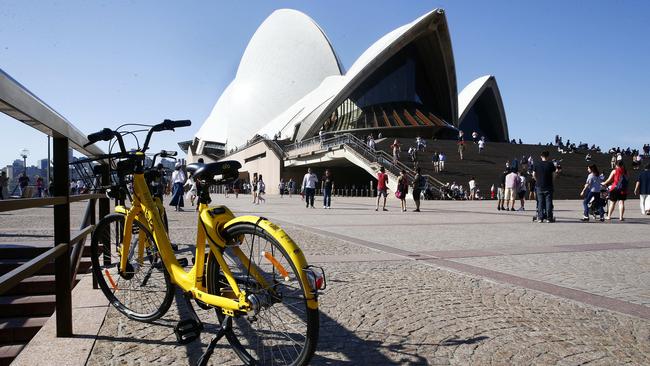
“You go on a website and see where they are and then bring them back to the same location.”
Prof Bliemer said we could soon see dockless electronic scooters, which he recently experience on a visit to Los Angeles.
Freight transport will also change, he said, with shipping companies already trialling automated cargo ships.
He also raised the possibility of an underground conveyor belt carrying shipping containers from port to destination.
He said the much-talked about Hyperloop train could be the future for long distance domestic travel.
Hyperloop, which is being worked on by leading transport companies such as Telsa and Virgin, consists of pods travelling through sealed tube systems at up to 1200km/h.
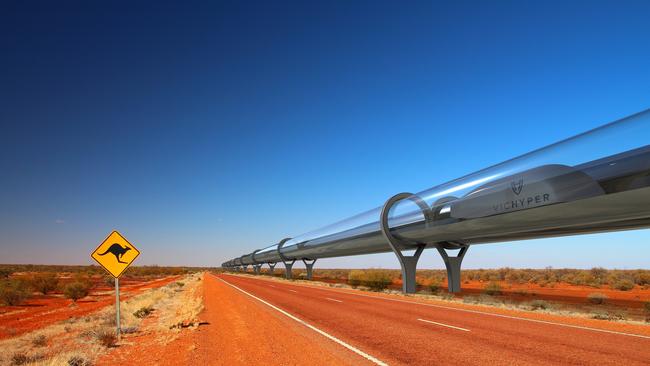
Studies have suggested it will cost 60 per cent the amount of high speed rail and will be faster than travelling domestically than by aircraft.
The talk, which was held at Sydney Airport, was organised by the Bayside Business Enterprise Centre. For more details click here.
IN OTHER NEWS
